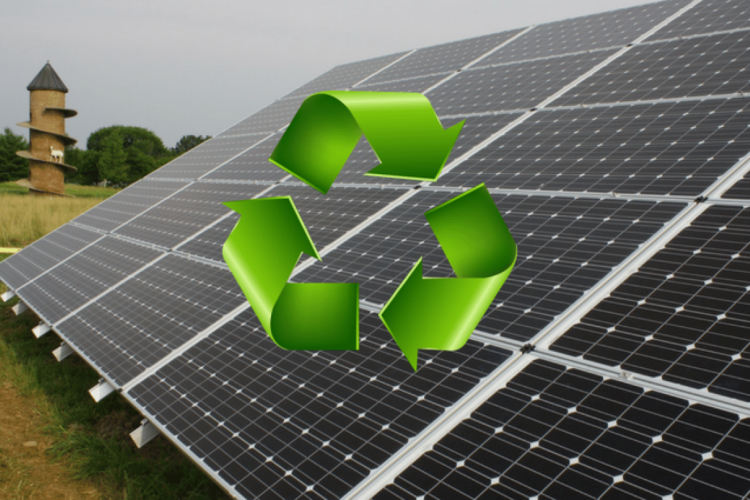Solar energy is a clean and renewable source of power that has gained immense popularity in recent years. As more and more individuals and businesses switch to solar energy systems, it is crucial to consider the proper management of waste associated with solar technology. While solar energy is environmentally friendly during operation, the manufacturing, installation, and disposal processes can generate waste that requires careful handling and disposal. In this blog post, we will discuss the importance of solar energy waste management and explore some effective practices.
Proper Handling of Manufacturing Waste
The production of solar panels involves various materials and chemicals. It is essential for solar panel manufacturers to have efficient waste management systems in place. This includes recycling or reusing materials wherever possible and ensuring that hazardous substances are disposed of safely and responsibly. Manufacturers should adhere to strict environmental regulations and industry standards to minimize waste generation during the manufacturing process.
Recycling and Reusing Solar Panels
Solar panels have a lifespan of 25 to 30 years, after which they need to be replaced. Rather than sending old panels to landfills, recycling and reusing them is a more sustainable option. Recycling facilities can recover valuable materials, such as silicon, glass, and metals, from decommissioned solar panels. Reusing functional panels in other applications, such as in off-grid systems or for community projects, can also extend their lifespan and reduce waste.
Safe Disposal of Hazardous Materials
Solar panels contain certain hazardous materials, including lead, cadmium, and other heavy metals. To prevent environmental contamination, it is crucial to handle and dispose of these materials properly. Solar installers and waste management companies should follow established protocols for the safe disposal of hazardous components, ensuring they do not enter landfills or waterways.
Extended Producer Responsibility
Implementing an extended producer responsibility (EPR) program can be an effective approach to manage solar energy waste. Under an EPR framework, solar panel manufacturers are responsible for the entire lifecycle of their products, including proper waste management and disposal. By holding manufacturers accountable, EPR encourages them to design products that are easier to recycle, repair, and dispose of safely.
This post was written by Daniel Massaad, owner and expert solar technician at Energy Solutions Direct! ESD is one of the top solar panel companies in Florida! Our licensed and certified contractors are masters of their craft; with years of experience servicing the great Tampa Bay area and beyond, the choice is simple. ESD excels at offering you the best in solar value!


